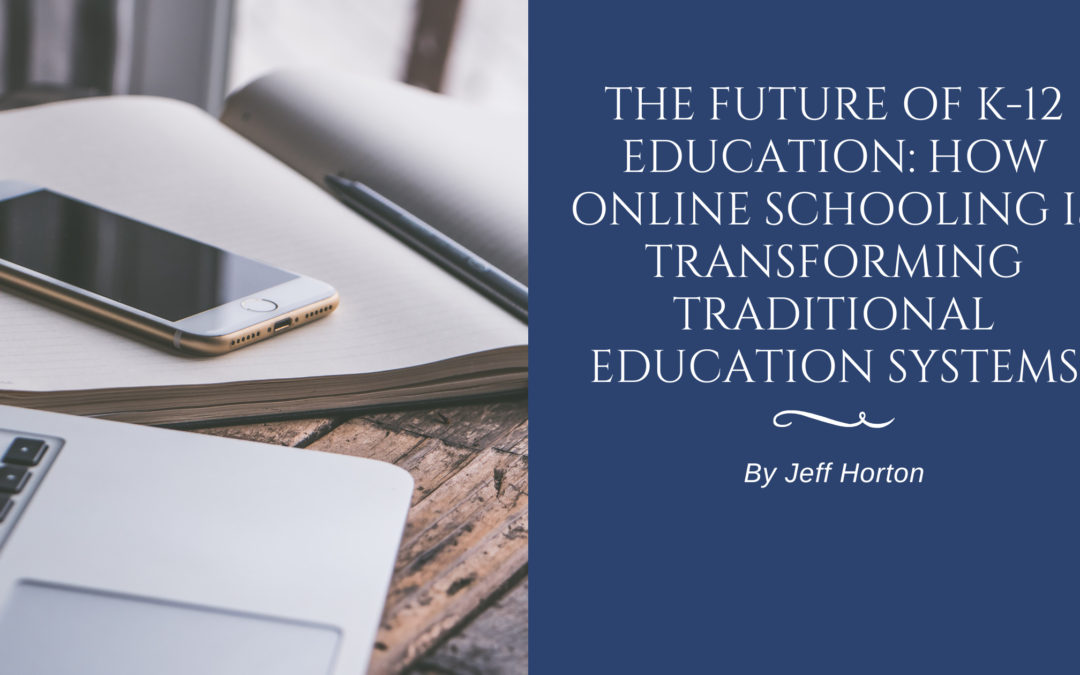The traditional model of K-12 education has been around for centuries. Still, with the rise of technology and the internet, online schooling has emerged as a powerful alternative to traditional brick-and-mortar schools. Let’s explore how online schooling transforms traditional education systems and the future of K-12 education.
One of the main advantages of online schooling is that it provides flexibility and accessibility to students who can’t access traditional schools. This includes students who live in remote areas, have health concerns, or require a more customized education. Online schools allow these students to learn at their own pace, making acquiring knowledge and skills easier.
Online schooling also allows for a more personalized approach to education. With online schools, teachers can monitor student’s progress in real-time, provide immediate feedback, and customize instruction to meet the needs of the students. This can lead to better academic outcomes and higher student engagement.
Another advantage of online schooling is that it offers broader course offerings. Traditional schools are limited by physical location and resources, but online schools can offer courses in virtually any subject. This allows students to explore a wider range of interests and prepares them for a more diverse and competitive workforce.
Online schooling is also changing the role of teachers in the education system. With online schools, teachers act more as facilitators and coaches than traditional lecturers. This allows for a more collaborative and interactive learning experience, where students are encouraged to take ownership of their education and become more self-directed learners.
The future of K-12 education is likely a hybrid of traditional and online schooling. Many schools are already experimenting with blended learning models, where students attend traditional schools part-time and take online courses part-time. This allows schools to take advantage of the benefits of both traditional and online schooling, creating a more diverse and customized education experience.
Online schooling transforms traditional education systems and paves the way for a more flexible, personalized, and diverse K-12 education system. As technology advances and more students turn to online schooling, the future of education is likely to be a hybrid of traditional and online models that provide the best of both worlds.

